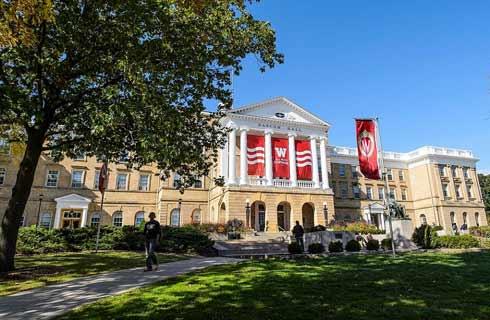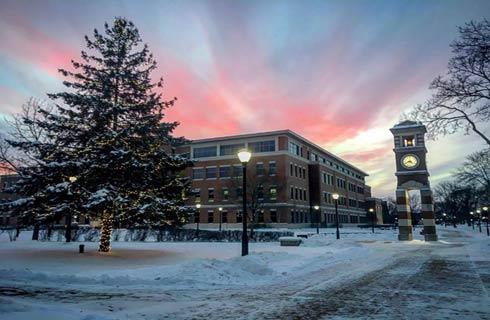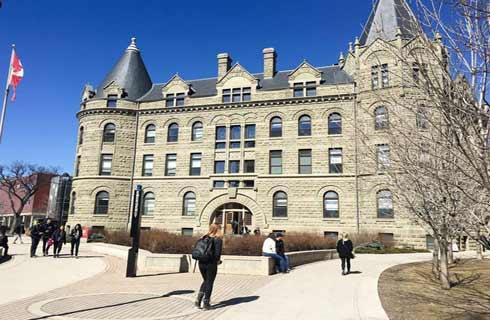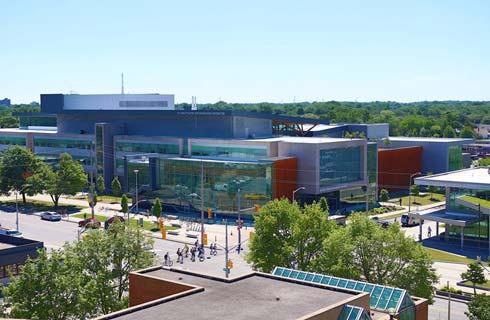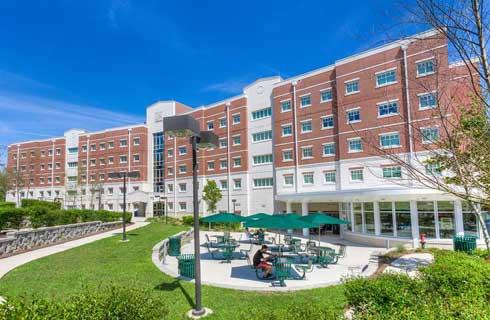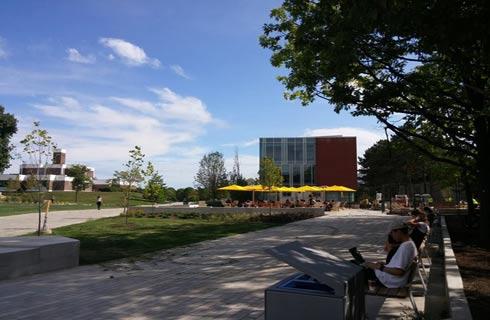- IDP China>
- 课程库>
- 社会科学>
- 休闲、娱乐与健康>
- 公园,娱乐与休闲研究>
- Master of Science in Sustainable Tourism and Protected Area Management- Tourism and Recreation Systems
Master of Science in Sustainable Tourism and Protected Area Management- Tourism and Recreation Systems

学历文凭
Masters Degree

专业院系
Department of Community Sustainability

开学时间

课程时长

课程学费

国际学生入学条件
IDP—雅思考试联合主办方

雅思考试总分
6.5
- 雅思总分:6.5
- 托福网考总分:80
- 托福笔试总分:550
- 其他语言考试:PTE A - 53
CRICOS代码:
申请截止日期: 请与IDP联系 以获取详细信息。
课程简介
相关申请
 预科
预科 奖学金
奖学金 实习机会
实习机会 在校学习
在校学习 跨境学习
跨境学习 校园授课-线上开始
校园授课-线上开始 在线/远程学习
在线/远程学习
开学时间&学费
学费信息仅供参考,请与IDP联系以获取详细信息
| 开学时间 | 时长 | 学费 | 地点 |
|---|
学校排名

世界排名84
数据源:
泰晤士高等教育世界大学排名
关于密歇根州立大学

密歇根州立大学成立于1855年,位于密歇根州东兰辛市,是一所顶尖的研究性大学。密歇根州立大学被《美国新闻和世界报道》杂志评为全美公立大学第29名,并被《普林斯顿评论》杂志评为中西部最好的大学之一。在2006年,被《Kiplinger》杂志评为最有价值的公立大学前100强。密歇根州立大学不但是以教育/农业/传媒理论闻名,而且音乐治疗也是位于美国先锋地位。密歇根州立大学也拥有全美历史第二悠久的饭店管理学院。同时密歇根州立大学传媒领域专业排名前四,其中包括国际与多元文化通讯、大众传播、以及人际通讯等。教育学院里的许多系排名已达到全美第一或前十名。其他著名的课程包括:犯罪科学、包装学、政治学等。密歇根州立大学的海外研修课程是全美单一校园大学中规模最大的一个,提供超过六十个国家总计两百多个课程,遍及所有的洲。密歇根州立大学有17个学院, 提供200多个专业, 所以不管学生的兴趣是什么,密歇根州立大学总可以满足学生不同的需求。另外,密歇根州立大学为本科生参与研究提供了广泛的机会。在密歇根州立大学的校园中坐落着密歇根农业实验中心,该中心资助了学校和密西根州15个实地研究中心的300多名科学家的研究。密歇根州立大学一共有47000名学生,来自135个国家,形成了一个多样化的友好社区。学校一直以来极为重视吸引国际学生,2009年在校的中国学生达到700名。国际学生可以在密歇根州立大学的校园里学习“非母语英语课程”。另外,学校给国际学生安排一名国际学生导师, 并提供一个特别的国际学生新生会来帮助学生适应新的环境。 密歇根州立大学的毕业生都是策略性思考者和解决问题的专家,在美国受到雇主的欢迎。很多毕业生成了大机构的CEO,包括美国奥委会的CEO。
本校相关课程
其他相关课程

娱乐与休闲研究哲学博士
 滑铁卢大学
滑铁卢大学学历文凭
Ph.D.
开学日期
课程费用总额


安大略大学娱乐与休闲服务大专文凭
 圣力嘉学院
圣力嘉学院学历文凭
Bachelor Degree
开学日期
课程费用总额


康乐及休闲服务文凭
 尼亚加拉学院
尼亚加拉学院学历文凭
Bachelor Degree
开学日期
课程费用总额


康乐及休闲服务文凭
 德恒学院
德恒学院学历文凭
Bachelor Degree
开学日期
课程费用总额

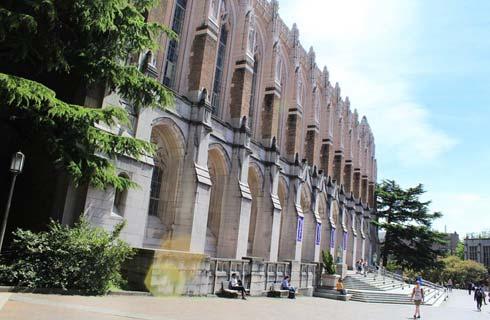
安大略大学娱乐与休闲服务大专文凭
 康尼斯托加理工学院
康尼斯托加理工学院学历文凭
Bachelor Degree
开学日期
课程费用总额


文学士-休闲科学
 康考迪亚大学
康考迪亚大学学历文凭
Bachelor Degree
开学日期
课程费用总额










 美国
美国
